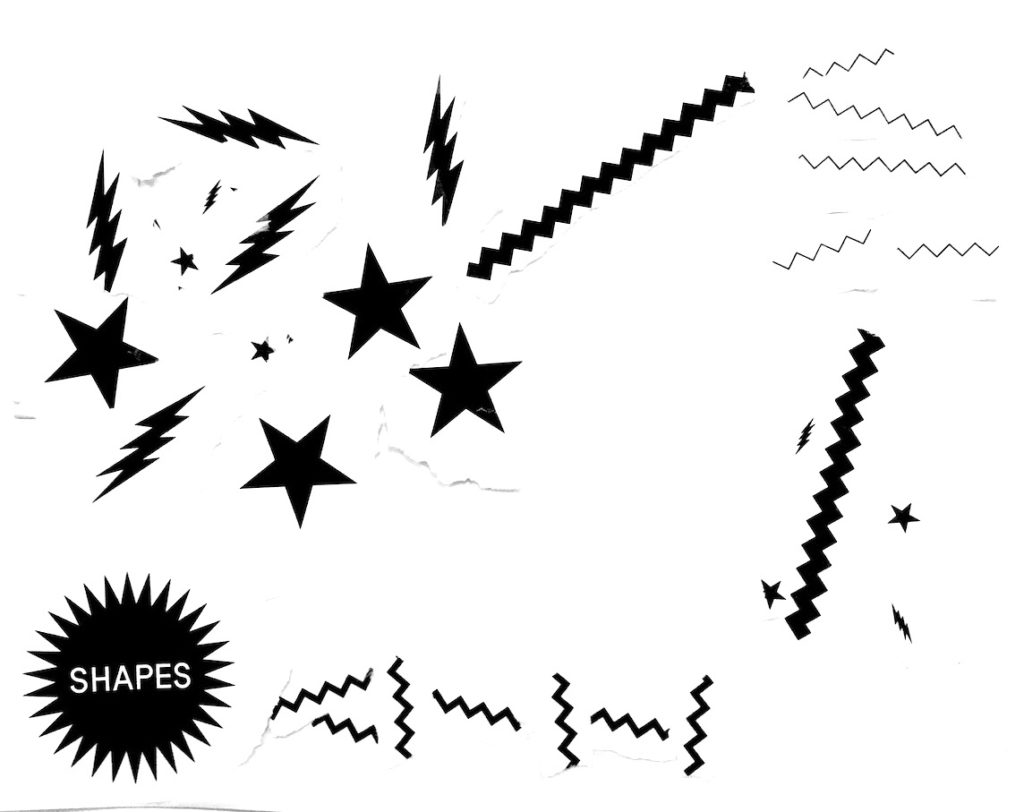I am working with Annie on the Boston Activist Organizations Hackathon project. This project is being co-developed with Professor Karilyn Crockett from DUSP, grad student Meesh Zucker, and the following community partners: the Dudley Street Neighborhood Initiative, the Boston Ujima Project, and the Center for Economic Democracy. Also involved are Ceasar McDowell’s Boston Community Learning Project, activist filmmaker Simeon Awosan, and the Northeastern University Archives & Special Collections.
The plan is that these groups and individuals will be both the co-designers of, and the participants in, the hackathon. Due to the high number of stakeholders, there is a need to ensure everyone is on the same page and address conflicts as soon as possible.
Epistemology:
- Kinds of knowledge constructed:
- Community activist history
- Discursive and relational connections between struggles, between generations
- Strategies for organizing
- Strategies for teaching
- Strategies for cooperative economics
- Trustworthiness:
- Produced out of collaboration between elders and youth in activist organizations and from affected populations
- Histories are always political, and this history is clear about its politics: to accurately portray the local struggles in the Boston area from the activist perspective
- How shared:
- Conversation and co-design, during the hackathon
- Public display in the street, after the hackathon
- Dissemination of documents and films
Values:
- Driving the process:
- desire to teach about history of housing struggles
- Importance of cooperative economy to local community empowerment
- Importance of learning from elders and across organizational bounds
- Potential conflicts:
- Different epistemologies, approaches between elders and youth
- Multiple stakeholders with multiple interests: need to make sure everyone is heard and every stakeholder’s needs are attended to
Stakeholders and desired outcomes:
- Dudley Street Neighborhood Initiative
- Desired outcome: gathering oral histories and local knowledge
- Boston Ujima Project
- Desired outcome: gathering local history and examples of resident-led efforts to create tools for cooperative economic practices at the local scale
- Activist Film Project/Simeon Awosan
- Desired outcome: Activists to view raw footage of Chuck Turner & Mel King, give feedback, and suggest additional content
- Boston Community Learning Project/Ceasar McDowell
- Desired outcome: Review and sort drop box file of notes and videos; gathering activist stories of Boston organizing to identify gaps and opportunities for public distribution
- Northeastern University Archives & Special Collections
- Desired outcome: public engagement with current archives and acquisition of new stories/content
- All stakeholders
- Desired outcome: A way for residents and passersby to encounter the “archive” on the street, commemorating 50+ years of local activism, galvanizing support for future land battles and organizing efforts
